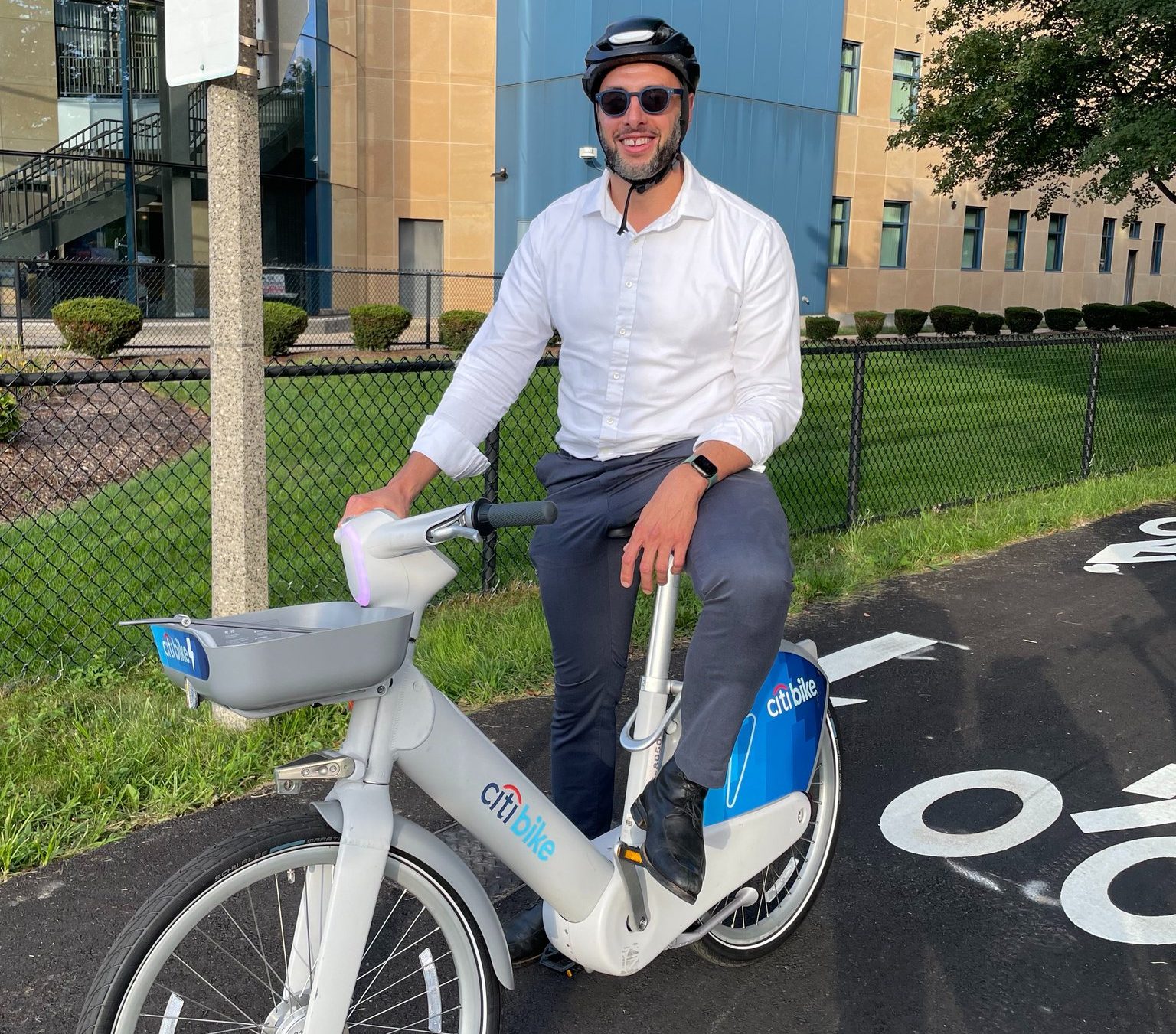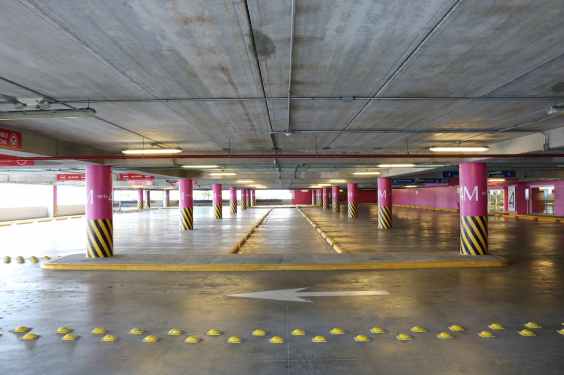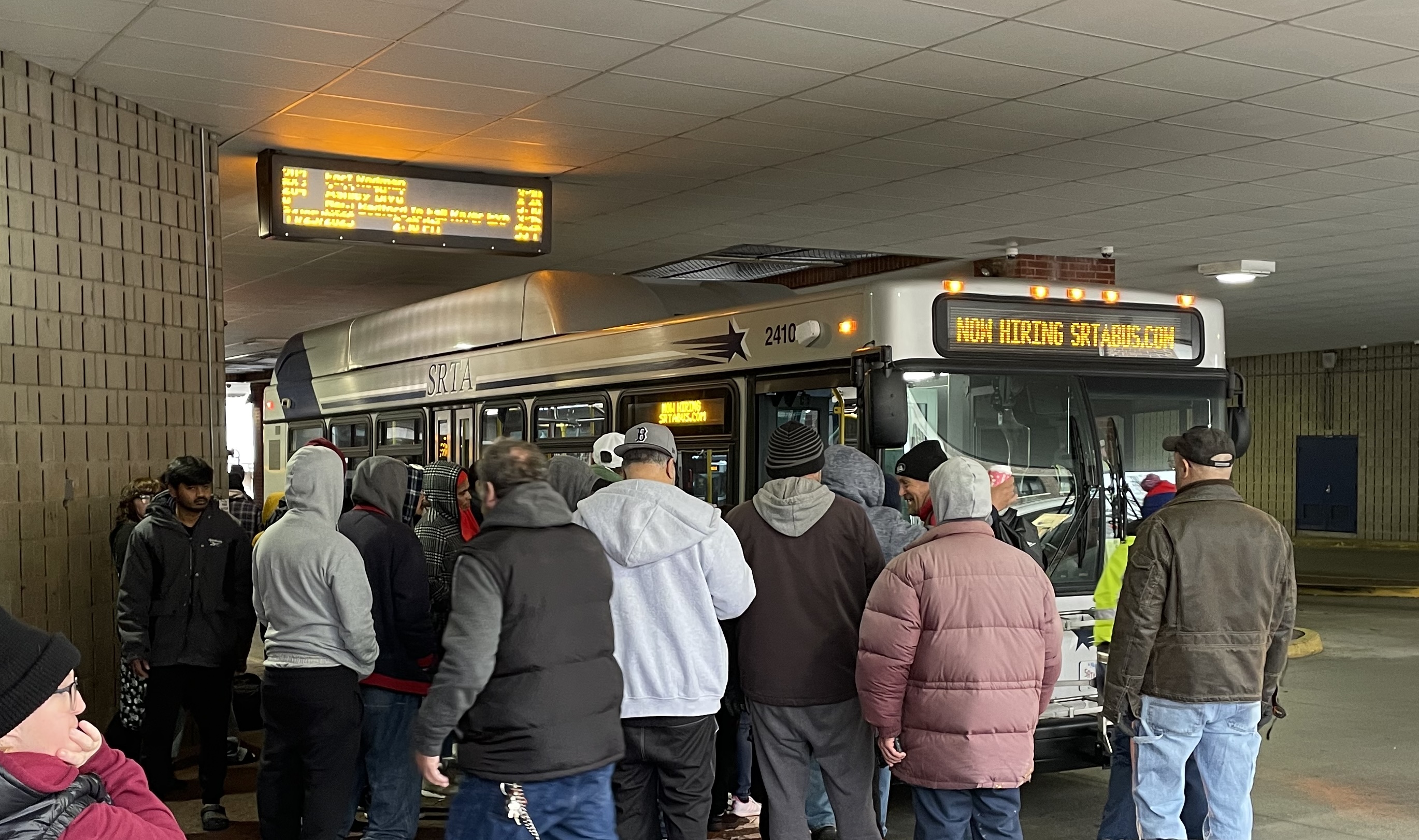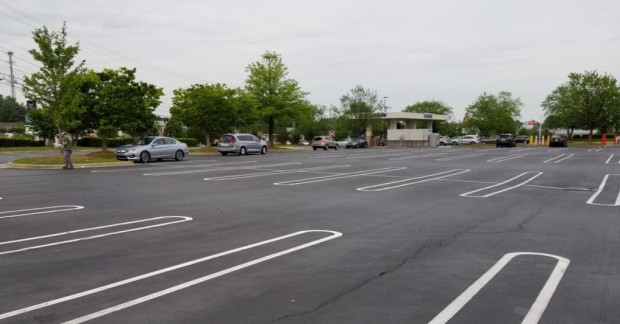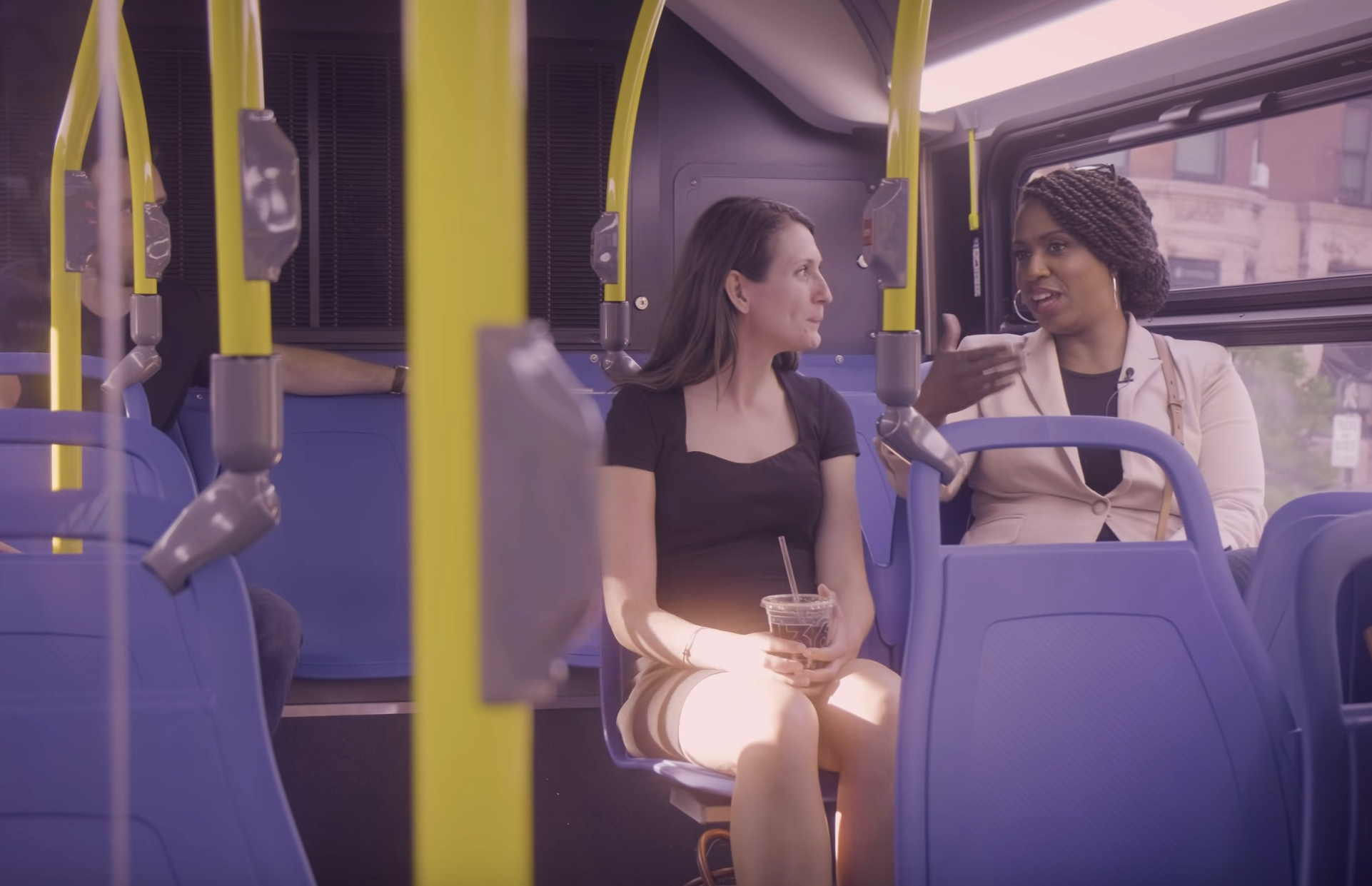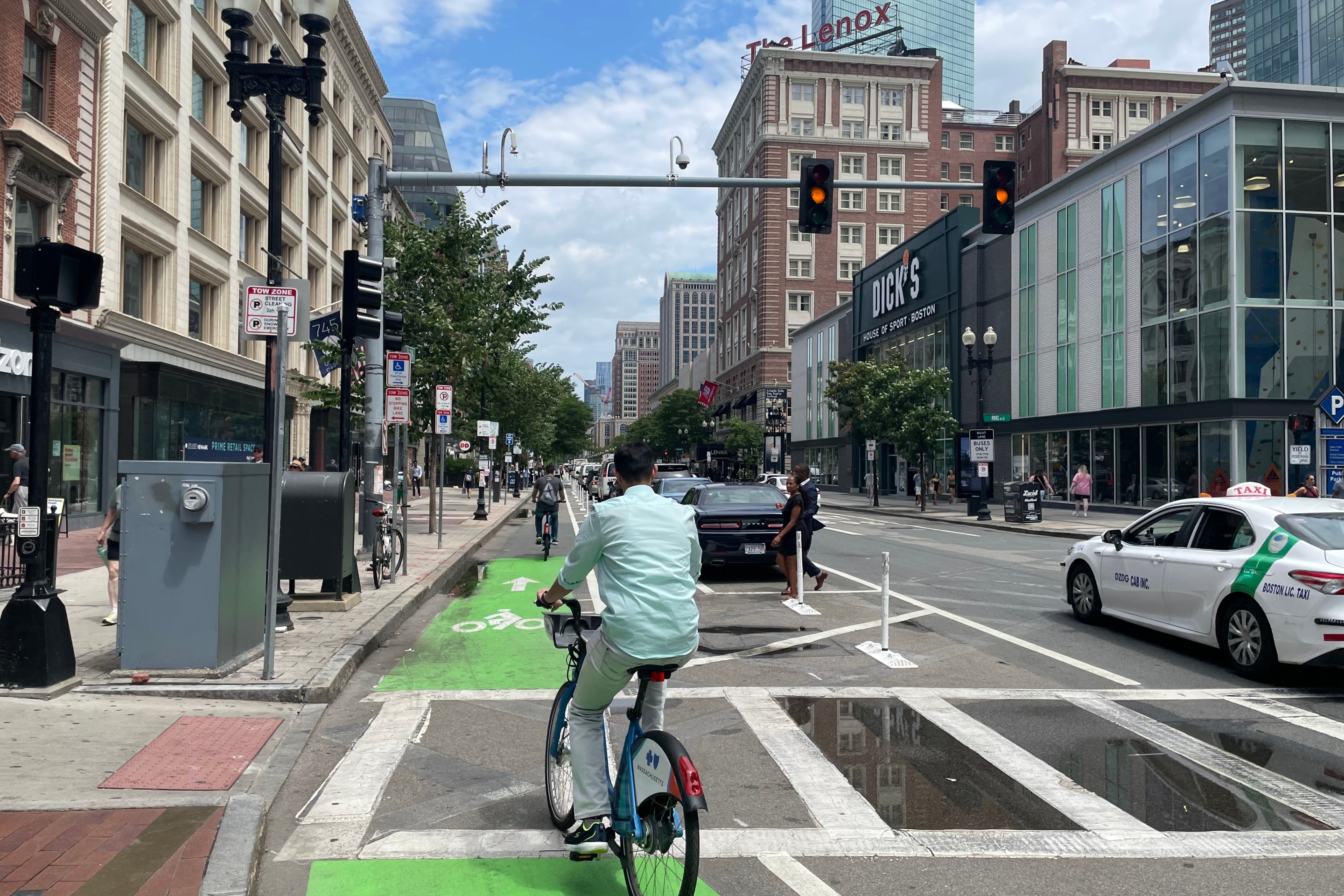A first draft of Mayor Wu's 2024 budget proposal includes nearly $2 million for the Bluebikes bikesharing system, with funds specifically earmarked for discounted passes and for buying the system's first electric pedal-assist bikes.
In a memo to the Boston City Council, Mayor Wu wrote that "we have included $550,000 to support $5 Bluebikes passes for 10,000 residents, expanding Bluebike usage and encouraging mode shift, plus $1.4 million to introduce electric Bluebikes across the system."
Most other bikesharing systems across the country have been offering electric pedal-assist bikes alongside traditional bikes for several years now.
Lyft, the company that contracts with regional cities to operate the Bluebikes system, has been offering pedal-assist e-bikes in most of the other bikesharing systems that it operates across the country, including Citi Bike in New York, Divvy in Chicago, and Capital Bikeshare in Washington.
In Portland, Ore., Lyft has converted the entire bikesharing fleet so that every bike in the system includes a pedal-assist electric motor.
Three years ago, Boston officials had been publicly skeptical of buying e-bikes for Bluebikes, but the technology has matured since then, and last year, the state legislature cleared a major hurdle by formally defining and legalizing most pedal-assist electric bikes.
The city's investment in new bikes and discounted passes should also give more residents a locally-controlled alternative to the beleaguered MBTA system.
Ridership on the Bluebikes system surged and set multiple new records last fall during the MBTA's shutdown of the Orange Line, when the City of Boston gave away free 30-day Bluebikes passes to help people get around.
StreetsblogMASS has reached out to Boston City Hall officials for additional details on how many electric bikes the city plans to purchase, when the new bikes might be put into service, and how much more it might cost to ride them. This story will be updated when we hear a response.
While Lyft operates the Bluebikes and manufactures its equipment, the system itself, including all of its bikes and stations, is jointly owned by the Cities of Boston, Cambridge, Somerville, and Everett, and the Town of Brookline.
On Monday evening, Cara Seiderman, the Transportation Program Manager for the City of Cambridge Community Development Department, confirmed that other Bluebikes member municipalities are working together to introduce e-bikes into the whole system, not just one city.
"In preparation, Cambridge will be proposing funding (for new e-bikes) in its fiscal year 2024 budget, and has applied for grant funding as well," wrote Seiderman in an email to StreetsblogMASS.
Mayor Wu's budget also references a number of investments in safer streets and sidewalks, but details of those projects typically get released in a separate, five-year capital spending plan.
"Our five-year capital plan includes $147 million to keep our bridges, stairs, and walking paths in a state of good repair (and) $64 million to improve the quality of our sidewalks and continue the installation of ADA curb ramps on every intersection of the city," according to the Mayor's budget memo.
Another section of the memo mentions "$58 million in new capital funds for public transit, sidewalk improvements, and city infrastructure that supports walking and biking."
This story was updated at 8:50 p.m. to include additional information from the City of Cambridge.
